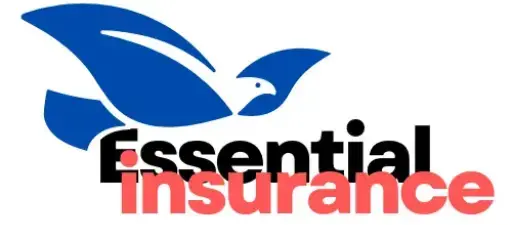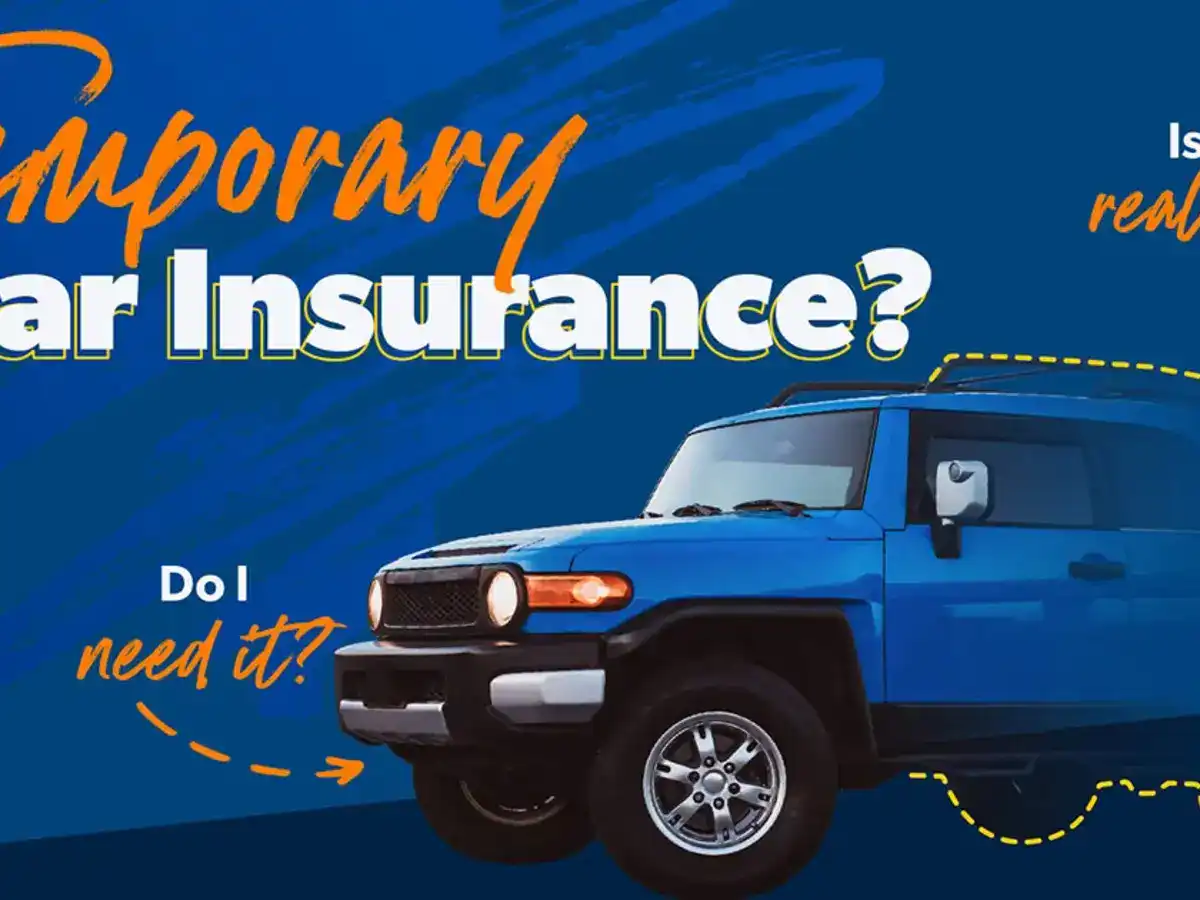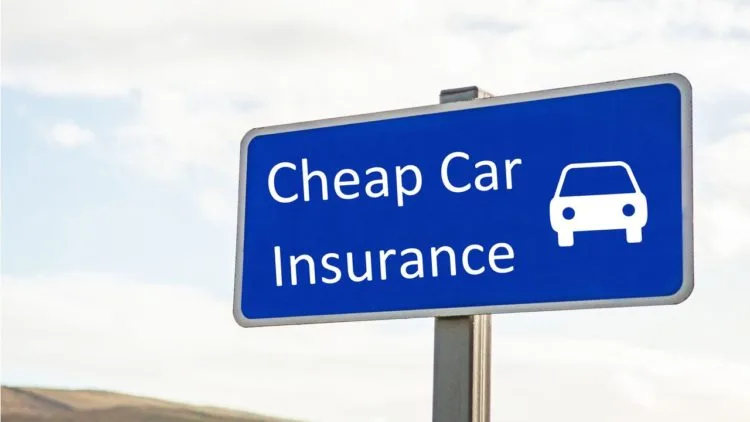Choosing the right car insurance can feel overwhelming. With so many options available, how do you know which is best for you? This guide will help you navigate the world of car insurance by highlighting top companies, key factors affecting your rates, and how to compare options effectively. We’ll also break down average insurance costs by state to help you make an informed decision.
Top Car Insurance Companies for 2024
Finding the best car insurance often starts with selecting the right company. Here’s a rundown of the top insurers for 2024, each excelling in different areas:
USAA – Best for Military Discounts
Pros: High customer satisfaction, affordable premiums, extensive coverage options.
Cons: Only available to military members, veterans, and their families.
Geico – Best for Affordable Rates
Pros: Competitive rates, excellent customer service, numerous discounts.
Cons: Limited physical branches.
Travelers – Best for Easy Claims Experience
Pros: High ratings, various discounts, intuitive IntelliDrive program.
Cons: You may need to work through an agent in some states.
State Farm – Best for Discounts
Pros: Extensive discount programs, wide agent network.
Cons: Poor BBB rating, not available in Rhode Island and Massachusetts.
Amica – Best for Customer Service
Pros: High-quality service, detailed coverage options, numerous discounts.
Cons: Some complaints about slow claims processing.
Progressive – Best for Bundling
Pros: Name Your Price tool, Snapshot usage-based plan.
Cons: Mixed customer service reviews.
Nationwide – Best for Low Mileage Drivers
Pros: SmartRide and SmartMiles programs, generous discounts.
Cons: Accident forgiveness only in select states.
Allstate – Best for Teens and New Drivers
Pros: TeenSMART program, extensive agent network.
Cons: High number of customer complaints.
Erie Insurance – Best for Midwest Drivers
Pros: Unique coverage options, ERIE Rate Lock.
Cons: Limited to 12 states.
Auto-Owners Insurance – Best for Working with an Agent
Pros: Strong agent network, excellent financial strength.
Cons: Limited to 26 states; quotes may require an agent.
How to Compare Car Insurance Rates
Finding the best car insurance rate involves comparing different providers and their quotes. Here are some effective strategies:
- Research Individual Providers
- Visit each insurer’s website to explore coverage options and get online quotes. This method helps you understand each provider’s cost and coverage.
- Consult an Insurance Agent
- While insurance agents can provide valuable insights, be aware that agents representing specific companies might push their products. Independent agents can offer quotes from multiple companies, but they may still have incentives to recommend certain insurers.
- Use Comparison Sites
- Platforms like The Zebra and QuoteWizard gather data from various insurers based on your information. They provide a convenient way to compare different offers side by side.
Understanding Car Insurance Quotes
When comparing quotes, ensure you’re comparing the same coverage limits. Key components of a car insurance policy include:
- Deductible: The amount you pay out-of-pocket before insurance coverage kicks in.
- Collision Coverage: Covers damages from accidents, including single-car incidents.
- Comprehensive Coverage: Protects against non-collision-related damages such as theft or vandalism.
- Liability Insurance: Covers damages if you’re at fault in an accident.
- Uninsured Motorist Coverage: Protects against accidents with drivers lacking sufficient insurance.
- Personal Injury Protection (PIP): Covers medical expenses for you and your passengers.
- Gap Insurance: Covers the difference between your car’s value and what you owe on your loan.
- Roadside Assistance and Rental Reimbursement: Provides help for breakdowns and rental car coverage while your car is repaired.
- Rideshare Insurance: For drivers who use their vehicles for services like Uber or Lyft.
Factors Affecting Car Insurance Rates
Several factors impact your insurance premium:
- Driving History: A clean driving record can lower rates while violations increase.
- Vehicle Type: More expensive or newer cars generally cost more to insure.
- Safety Features: Cars with advanced safety features may qualify for discounts.
- Age and Gender: Younger drivers and men often face higher rates due to risk assessments.
- Credit Score: A better credit score typically leads to lower premiums.
- Annual Mileage: Less driving can mean lower rates.
- Discounts: Bundling policies, safe driving courses, and good student discounts can reduce costs.
State-by-State Insurance Costs
Insurance premiums vary widely by state. For instance:
- New York and Michigan: $0.31 per mile driven.
- Wyoming and North Dakota: $0.06 per mile driven.
States with lower average insurance costs include:
- Idaho: $0.07 per mile.
- Mississippi: $0.07 per mile.
Conversely, states like Florida and Rhode Island have higher costs, averaging $0.20 to $0.22 per mile.
FAQs
What Types of Car Insurance Are Required?
Requirements vary by state. Most states mandate liability insurance, but some require personal injury protection or uninsured motorist coverage.
What Is Full Coverage Car Insurance?
Full coverage generally includes liability, collision, and comprehensive insurance.
Which Insurers Offer Accident Forgiveness?
Many insurers offer accident forgiveness, though availability can vary by state. Geico is one example of a provider offering this feature.
Considering these factors and comparing your options carefully, you can find the best car insurance to suit your needs and budget. Happy hunting!
4o mini
ChatGPTHow to Find the Best Car Insurance for










